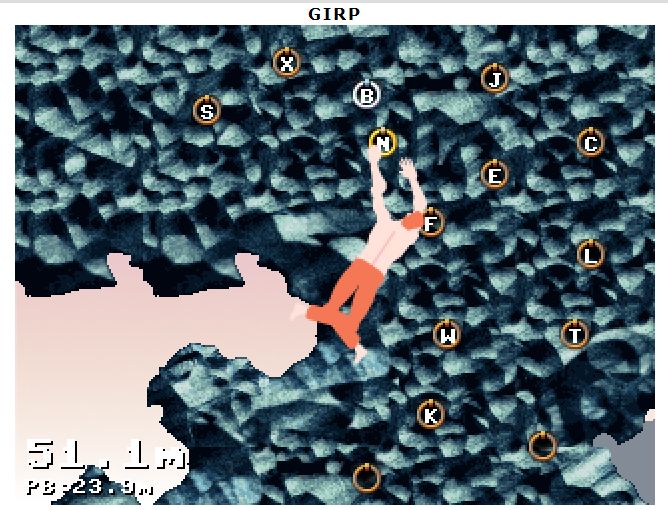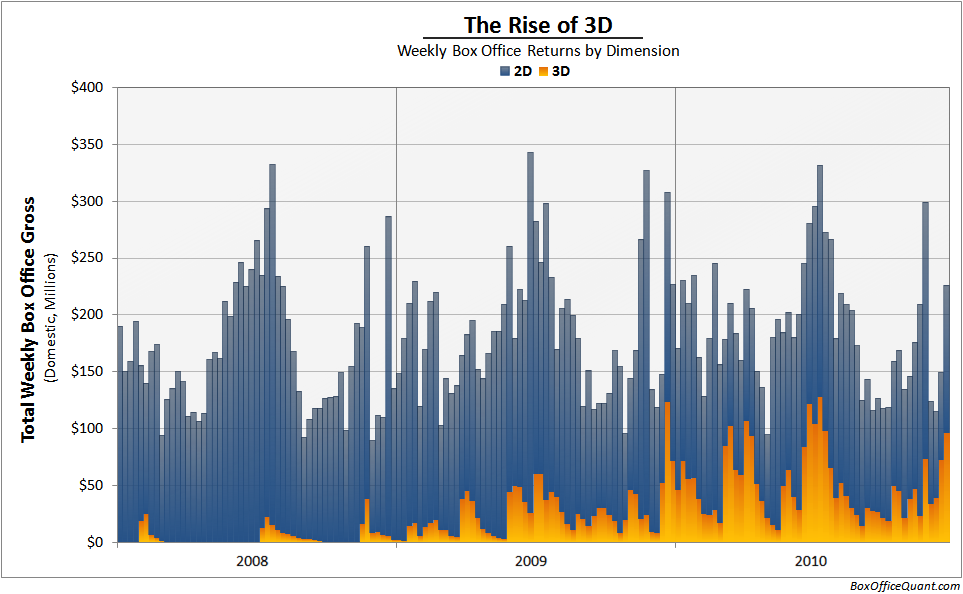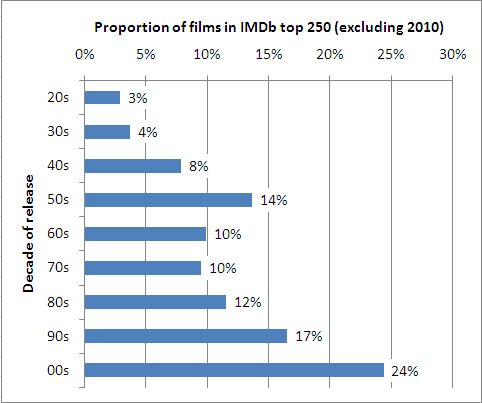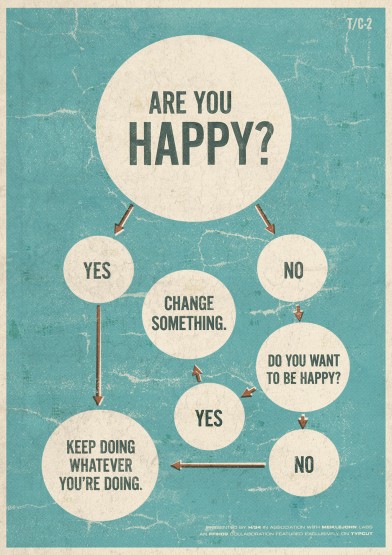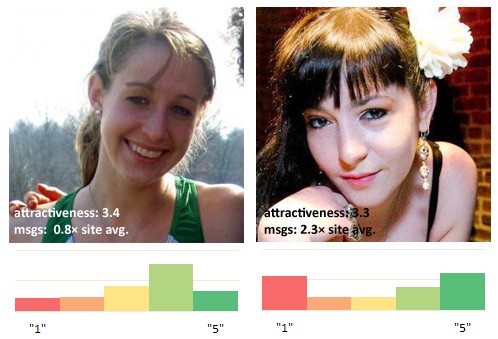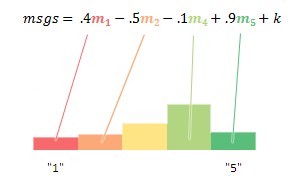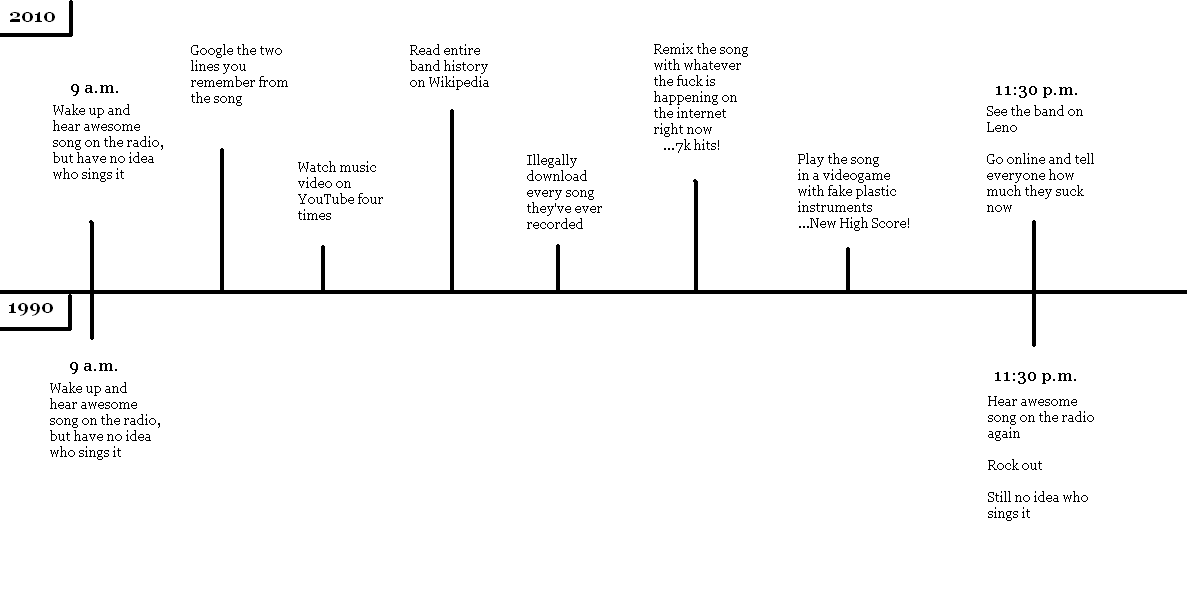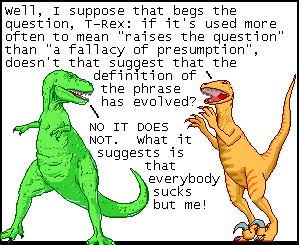(Originally sent April 2009)
Video
Brought to my attention by Richard, the official corporate video of ‘Miniatur Wunderland’, the largest model railway in the world, complete with earnest German-accented voice-over:
Link
An article on New Scientist with some great images showing the extent of rail, road and river networks across the globe, and the resultant ‘remoteness’ score for any given location.
Quote
I’ve mentioned this quote in conversation about three times in the last two weeks so it’s evidently topical:
Don Marquis: “The chief obstacle to the progress of the human race is the human race”
Puzzle
Last week I asked why front doors open outwards. If there can be said to be one true ‘reason’, it is that there are many reasons for it to be this way round and only one for it to be the other:
– Practicality. A common situation is for one person to be opening the door for another from the inside. It’s safer to have it open towards the person doing the opening.
– Security. If the hinges are on the outside they are more easily removed. It’s cheaper to have the door open inwards if you want to have the hinges inside.
– Weather. The hinges (see above) and interior of the door will tend to be less exposed to the elements if the door opens inwards.
– Defensibility. It’s easier (that is to say, actually possible) to defend against a potential intruder by barricading a door that opens inwards.
The only reason I’ve heard for going the other way is for safety in case of a panic evacuation, where people are likely to be pushing against whoever is first to the door. This trumps the other reasons when it comes to large public venues, but is not significant in an ordinary home.
This week’s puzzle
A great way to motivate oneself to do something (such as housework or a hobby, say) is to set an achievable time-based goal that can easily become part of a routine, like doing it once a day, or once a week. For example, I frequently intend to start a draw-once-a-day routine, and send Things almost weekly; others have similar goals for photography, or blogging.
The problem is, there’s a ridiculously huge difference between ‘every day’ and ‘once a week’. What possible strategy could one use that is somewhere between these two extremes?
Picture
It’s not explained very well, but apparently the European Space Agency’s “Environmental Satellite” can use radar to detect changes in the Earth’s surface with millimetre accuracy. In this way, images from before and after the recent L’Aquila earthquake in Italy can be compared to track how the ground has been shifted. It’s a pretty fascinating visualisation.
